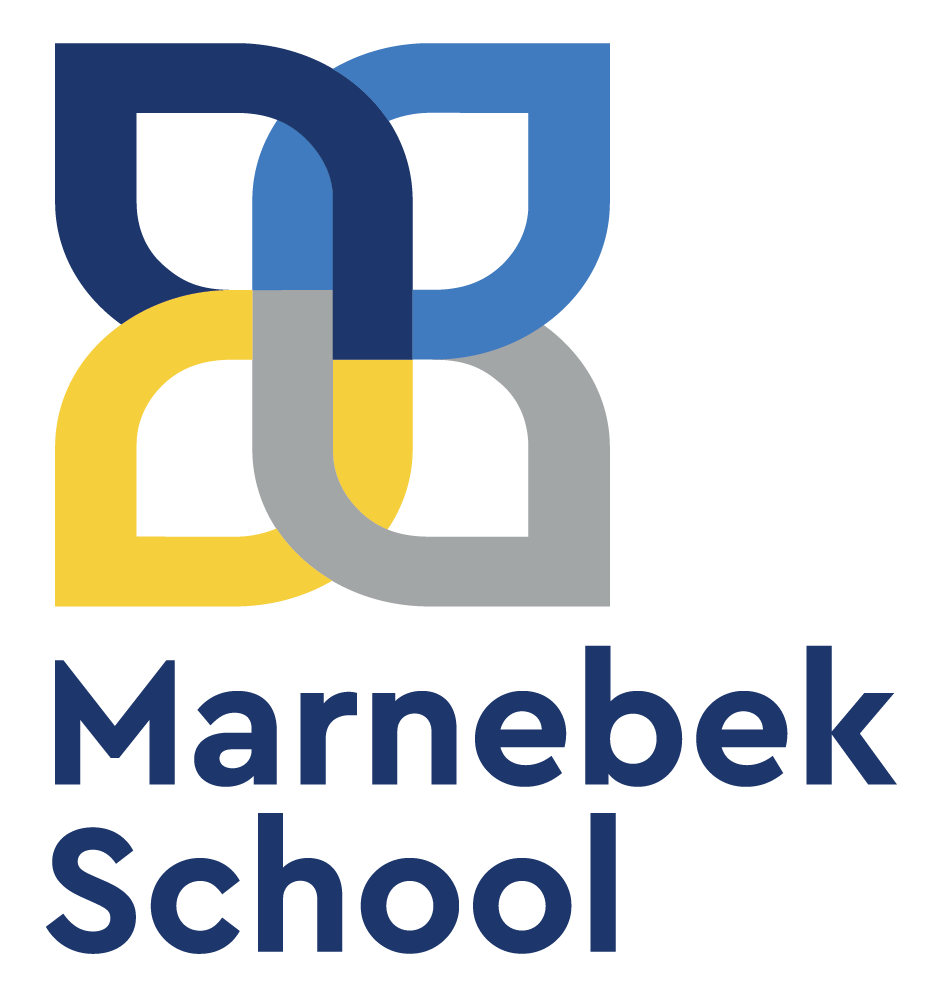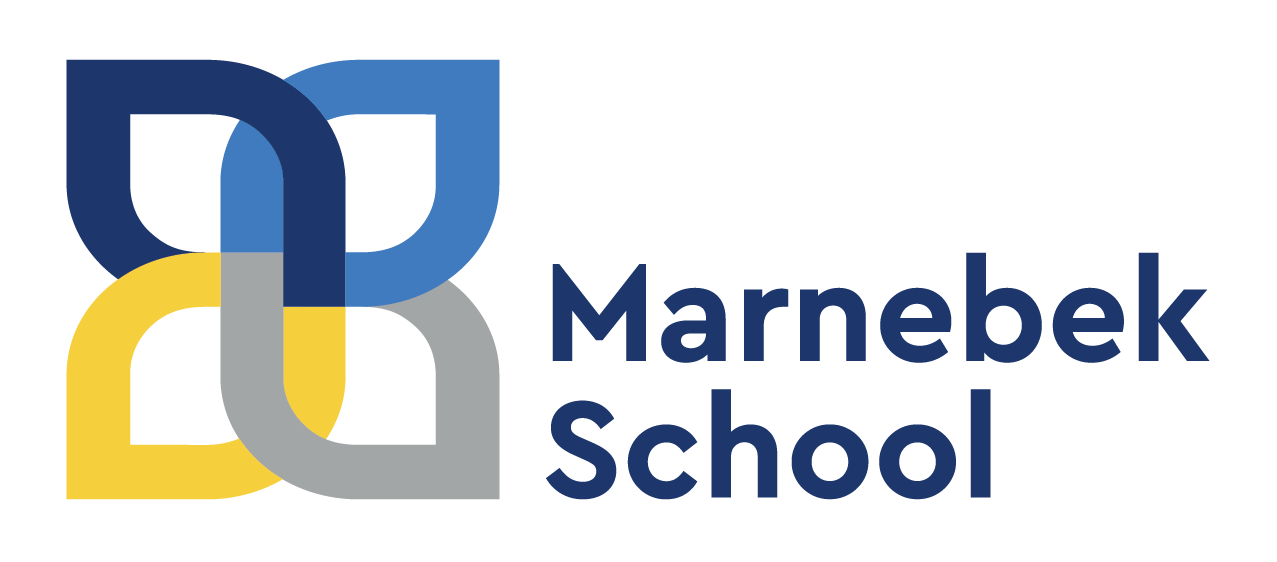Learning difficulties in secondary schooling
For secondary school aged students with learning difficulties or disabilities, specialised education schools can make all the difference when it comes to creating a positive and exciting learning environment. Here at Marnebek we pride ourselves on being one such school, with a dedicated team of staff and resources to assist students with learning difficulties going through their secondary schooling years. Over the years we’ve continued to learn, grow and develop our programs and resources to provide a safe and empowering environment for students to get the education they deserve.
What is special needs education?
Special needs education is a type of education for students who experience learning difficulties or disabilities, particularly ones that make it harder for them to progress in school or keep up with their peers. The idea behind special education or specialised education schools, is that a tailored approach to schooling can cater to an individual child’s specific needs, giving them an opportunity to receive an enriching and positive education where they might otherwise struggle. A child may experience many different disabilities or difficulties that make them a suitable candidate for special education; behavioural, emotional and social difficulties in particular may fall under this spectrum. These include conditions where students have special speech or communication needs. ADHD, dyslexia, and autism spectrum conditions are common in children who benefit from specialised education schools and special needs education frameworks.
Why is special education important?
Not all children learn, grow and play in the same way, and that means that some students will require a different approach to their schooling. Special education acknowledges the different styles in learning and provides an even playing field for students with learning difficulties, giving them the opportunity to thrive rather than struggle in a learning environment that doesn’t work for them. Every child is entitled to a rich, positive and high quality schooling experience, and by catering to the unique needs of students with learning disabilities, we are able to provide that. Inclusive classrooms allow special needs students to develop their independence and explore their true potential.
Special education is designed to assist and support special needs students in a number of ways. The smaller classrooms in special education are designed to allow more one-on-one time between students and teachers and means that teachers can notice more quickly if there are any issues or blockers a student might be facing. Teachers can get to know a student’s strengths, the areas they find challenging, and particular needs or unique qualities that can affect their learning. This strengthened student-teacher relationship means that students are able to feel more comfortable and confident in class, feeling empowered to ask questions, give things a go, and try their best in the classroom. A smaller cohort also allows for a more harmonious and cohesive class culture, with a far lower chance of cliques forming and students having the ability to get to know everyone else in their classroom comfortably.
How does Marnebek support students with learning difficulties?
As students go through their secondary schooling years, their needs and priorities change and evolve, and the same is true for children with learning difficulties. Marnebek employs a range of strategies and methodologies to best cater to our students with learning difficulties, in order to empower them in their schooling and ensure they have the same education opportunities as their peers.
Marnebek works with students to develop tailored programs, each one designed to meet a child’s individual needs. Smaller-than-average class sizes are an important facet of specialised education schools as well, as it helps to ensure each child’s needs are met in the classroom by giving students more one–on-one time with their teachers. This allows our teachers to better support different learning styles, understand each child’s differences and needs, and create an environment that helps them to thrive. Through this philosophy we’ve seen tremendous growth and progress in our students, going to show that extra time and attention can make an enormous difference.
Due to the higher support needs in these classrooms, like in many specialised education schools, our teachers are given specific training and obtain qualifications to certify their experience and skill in educating special needs students. There is always a teacher and also an educational support person in the classroom, giving teachers the ability to lean on allied support when needed to provide a better experience for students.
Our curriculum is a hugely important component of catering to our special needs students, and we ensure that a strong and engaging curriculum with specialist programs is designed and delivered every term. Teachers work together to adapt lessons to the sensory needs of students, using different types of play therapy and sensory tools, as well as using sensory techniques to teach core topics. Subjects like science, food tech, PE, music and maths are taught with these tools to give students the opportunity to learn in a variety of ways. Combined with their Individualised Learning Programs (ILPs), children are given the space and support to grow and learn at their own pace. Marnebek will always consult with families on their goals for their child’s education and personal growth and work together to assist students on their own unique journeys.
If you would like to learn more about Marnebek’s specialised education programs and facilities, contact us here.


